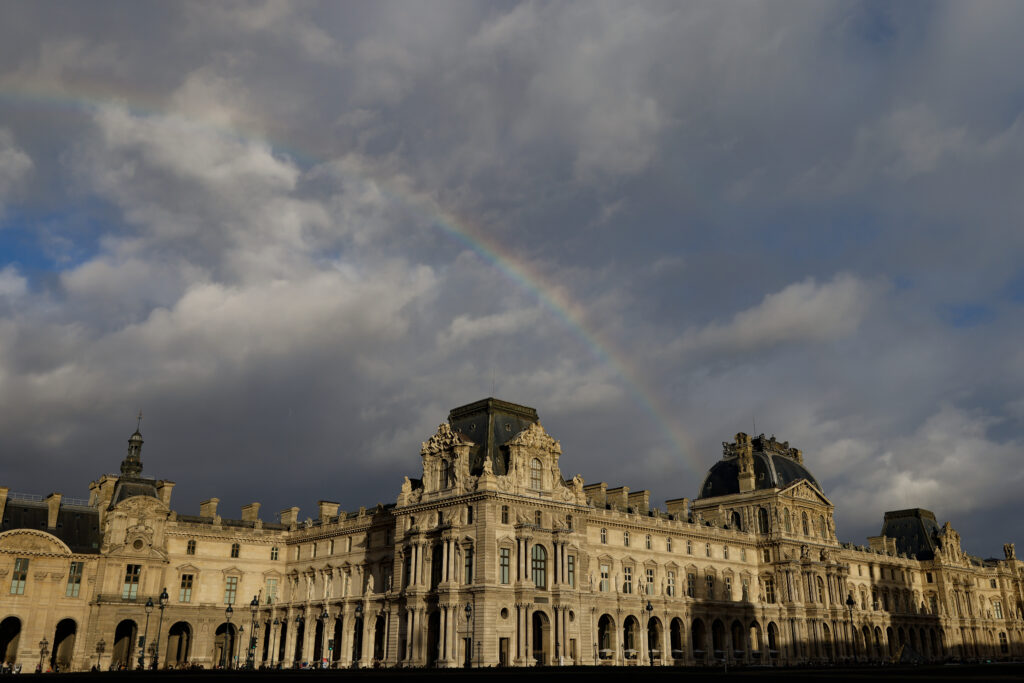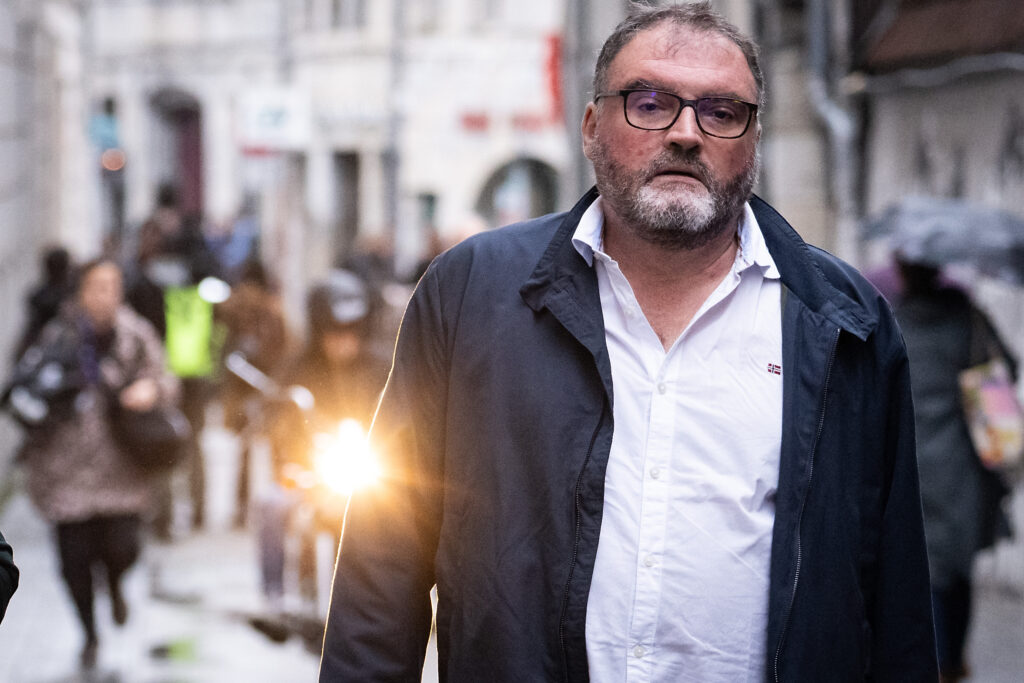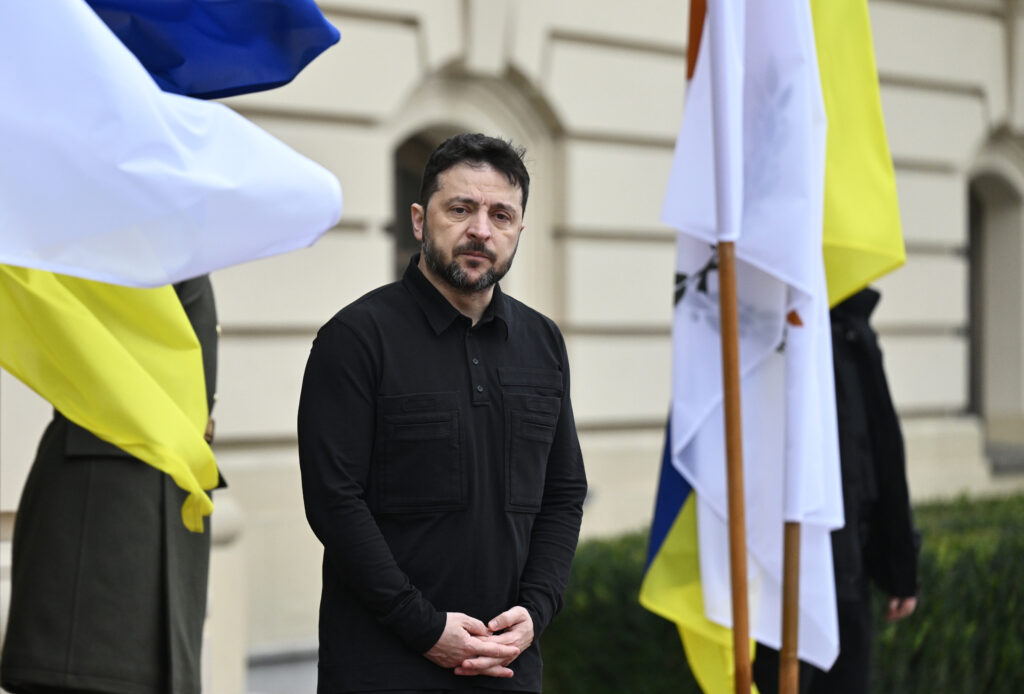Tentative de coup d’Etat au Bénin: deux militaires pris en otage libérés, calme à Cotonou
Deux haut gradés de l’armée béninoise retenus en otage par des putschistes ont été libérés à Cotonou, au lendemain d’une tentative de coup d’État déjouée notamment avec l’aide du Nigeria voisin, qui affirme avoir mené des frappes. La capitale économique du Bénin était calme lundi matin et la circulation reprenait peu à peu, ont constaté des journalistes de l’AFP.Après une journée d’incertitude dimanche, marquée par l’irruption de militaires à la télévision nationale annonçant avoir renversé le président Patrice Talon, ce dernier a affirmé dimanche soir que la situation était “totalement sous contrôle”. M. Talon passera la main en avril 2026, après deux mandats à la tête de ce petit pays côtier d’Afrique de l’Ouest qui est frappé depuis quelques années par des violences jihadistes dans sa partie nord.Cette tentative de putsch intervient dans une Afrique de l’Ouest particulièrement secouée par l’instabilité politique depuis le début de la décennie avec des coups d’État au Mali, au Burkina Faso et au Niger – deux voisins du Bénin -, ainsi qu’en Guinée et plus récemment, fin novembre, en Guinée-Bissau.Dimanche, les autorités béninoises ont demandé – et obtenu – l’appui rapide de leur voisin nigérian, qui a mené des frappes à Cotonou pour mettre les putschistes en déroute et a envoyé des troupes au sol. La Communauté économique des États d’Afrique de l’Ouest (Cedeao) a de son côté annoncé l’envoi de renforts militaires, et l’organisation doit tenir une réunion lundi à Abidjan, en Côte d’Ivoire. En 2023, lors du coup d’État au Niger, la Cedeao avait menacé d’y intervenir, avant de finalement renoncer. Selon deux sources militaires interrogées par l’AFP, deux hauts gradés béninois qui étaient aux mains des putschistes ont été libérés dans la nuit de dimanche à lundi : le chef d’état-major de l’armée de terre Abou Issa et le chef d’état-major de la garde nationale Faïzou Gomina, pris en otage par les mutins retranchés près de la base de la Garde nationale. “Ils sont tous les deux libres”, a dit une de ces sources.Le nombre de mutins toujours retranchés était inconnu lundi matin. – “Nettoyer” -“Nous avons fait front, repris les positions jusqu’à nettoyer les dernières poches de résistance des mutins”, a affirmé Patrice Talon dans son allocution dimanche soir. “Cette forfaiture ne restera pas impunie”, a-t-il dit, tandis que des sources militaires avaient indiqué à l’AFP qu’une douzaine de mutins avaient été arrêtés. Selon une source proche du dossier, leur leader, le lieutenant-colonel Pascal Tigri, est en fuite.Aux alentours de la base de la Garde nationale, la route n’est plus barrée mais deux chars stationnent, ont constaté des journalistes de l’AFP.Dans le reste de la capitale économique, quelques chars étaient visibles, notamment le long du boulevard de la Marina qui dessert le palais présidentiel, le port et des sites ministériels. Plusieurs routes menant au palais étaient encore fermées, d’autres avaient rouvert. La plupart des journaux titraient lundi sur les événements de dimanche: “La situation est totalement sous contrôle, rassure Patrice Talon”, cite le quotidien public La Nation, tandis que le journal privé Matin Libre évoque “Une tentative de coup d’État déjouée”.La Cedeao avait annoncé dimanche soir le “déploiement immédiat” de troupes du Nigeria, de la Sierra Leone, de la Côte d’Ivoire et du Ghana pour soutenir “le gouvernement et l’armée républicaine” du Bénin et “préserver l’ordre constitutionnel”.L’ONU, la France (ancienne puissance coloniale), l’Union africaine et la Cedeao ont condamné le coup d’État.Patrice Talon, au pouvoir depuis 2016, arrivera en 2026 au terme de son second mandat, le maximum autorisé par la Constitution.Son dauphin désigné, l’actuel ministre des Finances Romuald Wadagni, fait figure d’ultra-favori pour la présidentielle d’avril 2026, le principal parti d’opposition ayant été écarté de la course.S’il est salué pour le développement économique du Bénin, Patrice Talon est régulièrement accusé par ses détracteurs d’avoir opéré un virage autoritaire dans un pays autrefois salué pour le dynamisme de sa démocratie.







